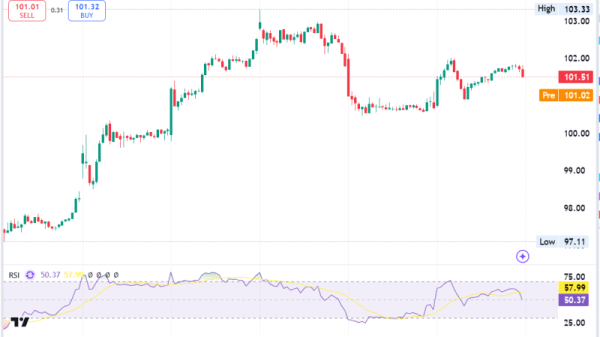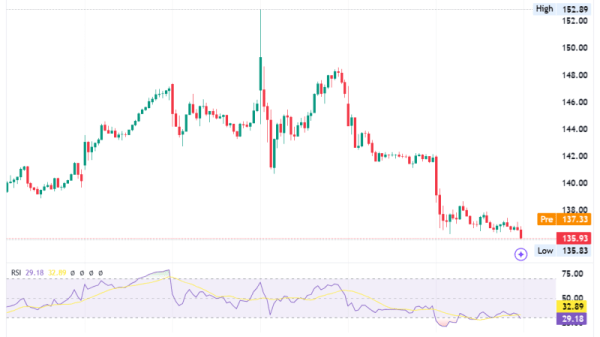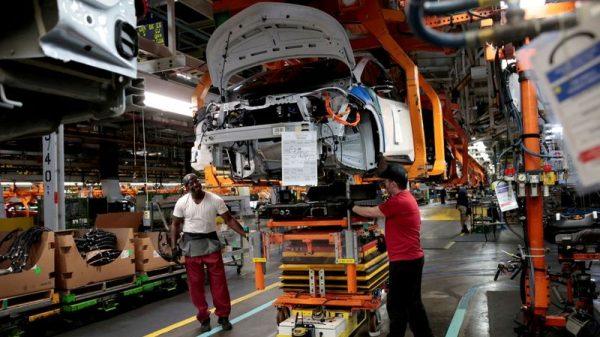Investing.com — The incoming Donald Trump administration hasn’t yet rolled out any meaningful signal whether it intends to hike tariffs on automotive parts and vehicles, but Bernstein evaluates two plausible scenarios – one of which could prove a substantial headwind for the big three U.S. automakers.
“While there has not been a clear indication, we consider two measured scenarios,” analysts from Bernstein said in a recent note.
A doubling of tariffs on US automotive imports to 5% from 2.5% would “likely be manageable and be passed on to consumers,” they said.
But if the administration changed the United States-Mexico-Canada Agreement, or USMCA, free-trade agreement, the sector would “face significant headwinds—mostly hurting the Detroit 3.”
The U.S. light vehicle industry imports more than 50% of its value, with annual sales accounting for roughly 16 million units and $700B to $750B in total market value.
More than half of all automotive imports originate from countries that are part of free trade agreements, mainly Mexico, Canada, and South Korea.
A general tariff increase on automotive imports of 2.5% would reduce U.S. margins by approximately 40 basis points. If tariffs were doubled from 2.5% to 5%, this would add an additional burden of around $2.6 billion or 0.4% of U.S. TMV.
The potential impact of ending the USMCA agreement would mark a big blow for big three Detroit automakers including General Motors, Stellantis, and Ford.
“An end to the USMCA would provide a substantial headwind,” Bernstein said, adding that about half of U.S. auto imports stem from Mexico and Canada.
With about 29% of its U.S. sales supported by production in Mexico and Canada and 16% from South Korea, General Motors Company (NYSE:GM) is particularly vulnerable to the potential impact of an end to the USMCA.
Stellantis NV (NYSE:STLA) also faces risks with 38% of its U.S. sales originating from these countries, while Ford Motor Company (NYSE:F), which makes 74% of its U.S. sales in the United States, would see the “least impact” of the Detroit 3, the analysts added.
Tariffs on part imports, meanwhile, would drive cost inflation for domestic U.S. vehicle production, the analysts said.





































